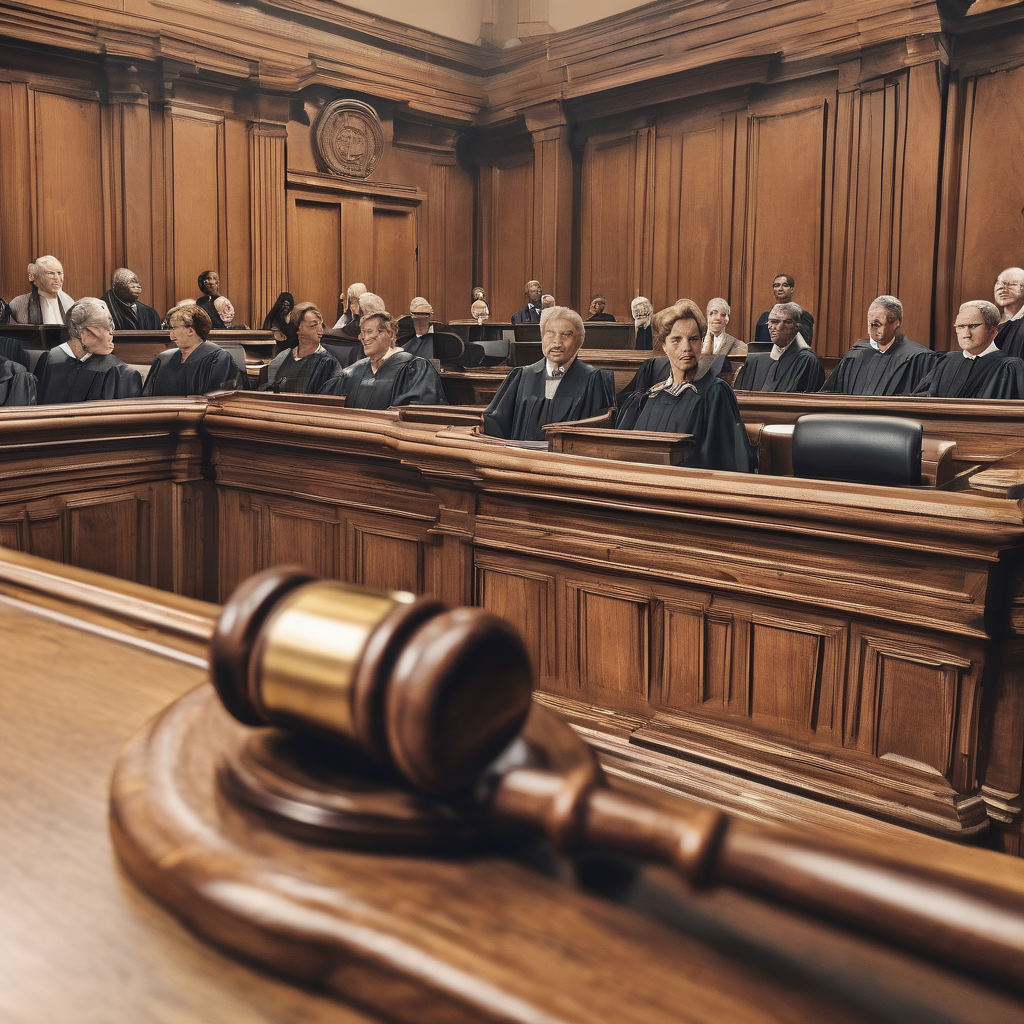Federal prosecutors have called for a substantial prison sentence for Sean “Diddy” Combs, recommending over 11 years behind bars due to his historical physical and mental abuse of girlfriends and employees. This recommendation follows Combs’ conviction in July for two counts related to transportation to engage in prostitution, carrying a maximum penalty of 10 years per count. Although acquitted of more severe charges like racketeering conspiracy and sex trafficking, the prosecutors argue that Combs’ lack of remorse and tendency to blame victims necessitate a harsher sentence to serve as a deterrent and uphold accountability regardless of fame or wealth.
In court documents, prosecutors argue that only a lengthy imprisonment can deter similar behavior in the future. They also advocate for the maximum financial penalty of $500,000. Despite the US probation department’s suggestion of a five to seven-year sentence, prosecutors emphasize the need for a longer sentence given the gravity of his actions.
The case has seen emotional appeals from victims, notably Cassie Ventura and her parents. They have urged consideration of the trauma sustained from Combs’ acts, exemplified by Ventura’s account of feeling unsafe and being groomed for repeated debasing acts during Combs’ “Freak Offs” or “hotel nights.” Ventura moved her family out of New York in fear of retaliation, emphasizing that her safety concerns persist.
Prosecutors insist that although Combs was acquitted of some charges, the judge must consider his pattern of control and violence when sentencing. They assert that while the explicit charges involved were sexual in nature, the broader impact of manipulation and psychological scarring underscores the severity of his crimes and warrants a lengthy imprisonment to reflect these abuses.
Combs, held since his September 2024 arrest, remains in custody after being denied bail twice due to his violent history. His legal team contends that the judge should dismiss evidence related to acquitted charges, but prosecutors maintain that the abuse detailed in Ventura’s testimony is integral to understanding the full scope of Combs’ criminal activities. Ventura and her family’s letters reinforce the need for the court to recognize the lived trauma of victims, urging for a sentence commensurate with the measures of pain and fear they continue to endure.
This case highlights the complex interplay of influence, accountability, and justice when dealing with powerful individuals accused of wielding their status to control and abuse others. As the sentencing draws near, the judicial decision will signal how the justice system addresses such power dynamics and the protection of victims against influential figures.
